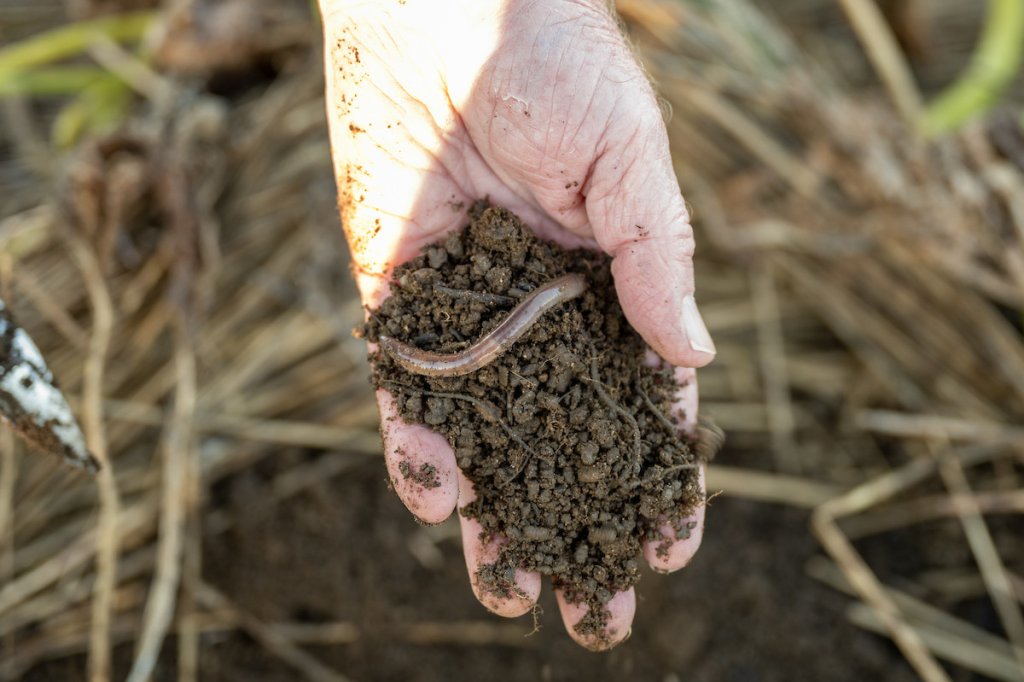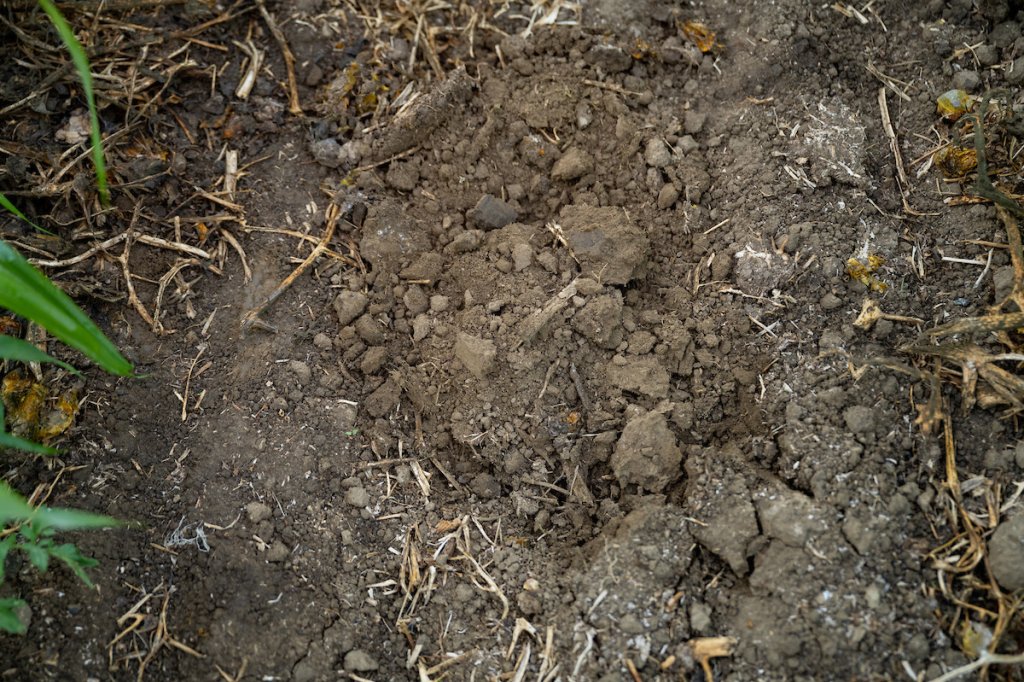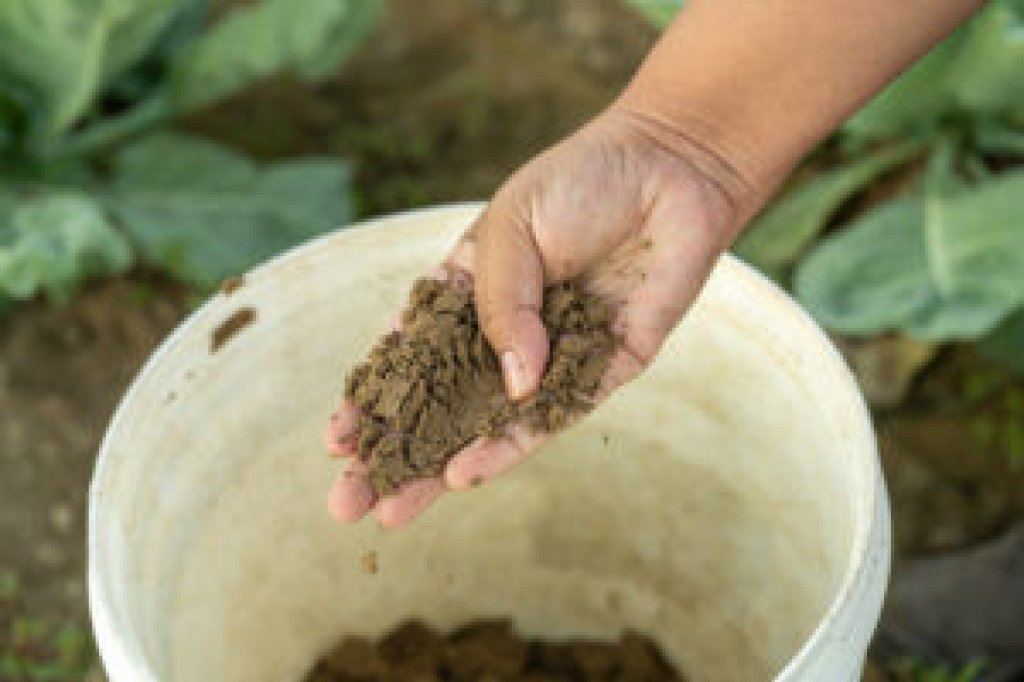Quantifying Economic and Environmental Benefits of Soil Health
Project at a Glance
Many farmers believe the scientific evidence that soil health practices improve soil and water quality. Still, they may be reluctant to change management techniques without knowing how it will impact their bottom line. So, AFT regional staff and our partners try to take out some guesswork by conducting partial budget analyses on the operations of “soil health successful” producers.
AFT uses partial budget analysis to estimate an average annual change in net income that farmers experienced when investing in soil health practices (e.g., no-till, reduced tillage, cover crops, conservation crop rotation, nutrient management, compost application, and mulching). AFT’s Excel-based Retrospective Soil Health Economic Calculator (R-SHEC) Tool and Questionnaire helps users conduct a partial budget analysis comparing farmers’ experienced costs and benefits before and after practice adoption.
We present the results of the partial budget analysis in two-page soil health economic case studies that we hope will be useful to farmers and landowners who are curious about soil health practices to give them confidence that investing in the practices is worth the risk.
AFT offers free access to the tools, materials, and associated training documents through our Soil Health Case Study Toolkit so members of the conservation community can produce their own case studies in their own areas. Currently, we provide two versions of our R-SHEC Tool: one that works only for row crop farmers (growing barley, corn grain, corn silage, grain sorghum, hay, oats, soybeans, wheat, canola, ensilage, flaxseed, millet, mustard seed, rapeseed, rye, safflower, sugar beets, sunflower seed, and/or triticale (grain) and the other that works for almond, pistachio and walnut growers.
This project is supported by multiple grants, including the original 2018-2021 USDA Conservation Innovation Grant and 2022-2024 NRCS Cooperative Agreement, and the case studies are co-branded by the Natural Resources Conservation Service.






